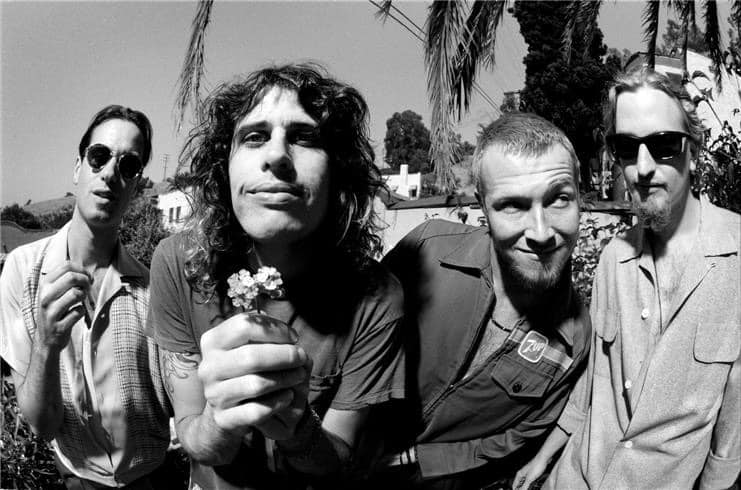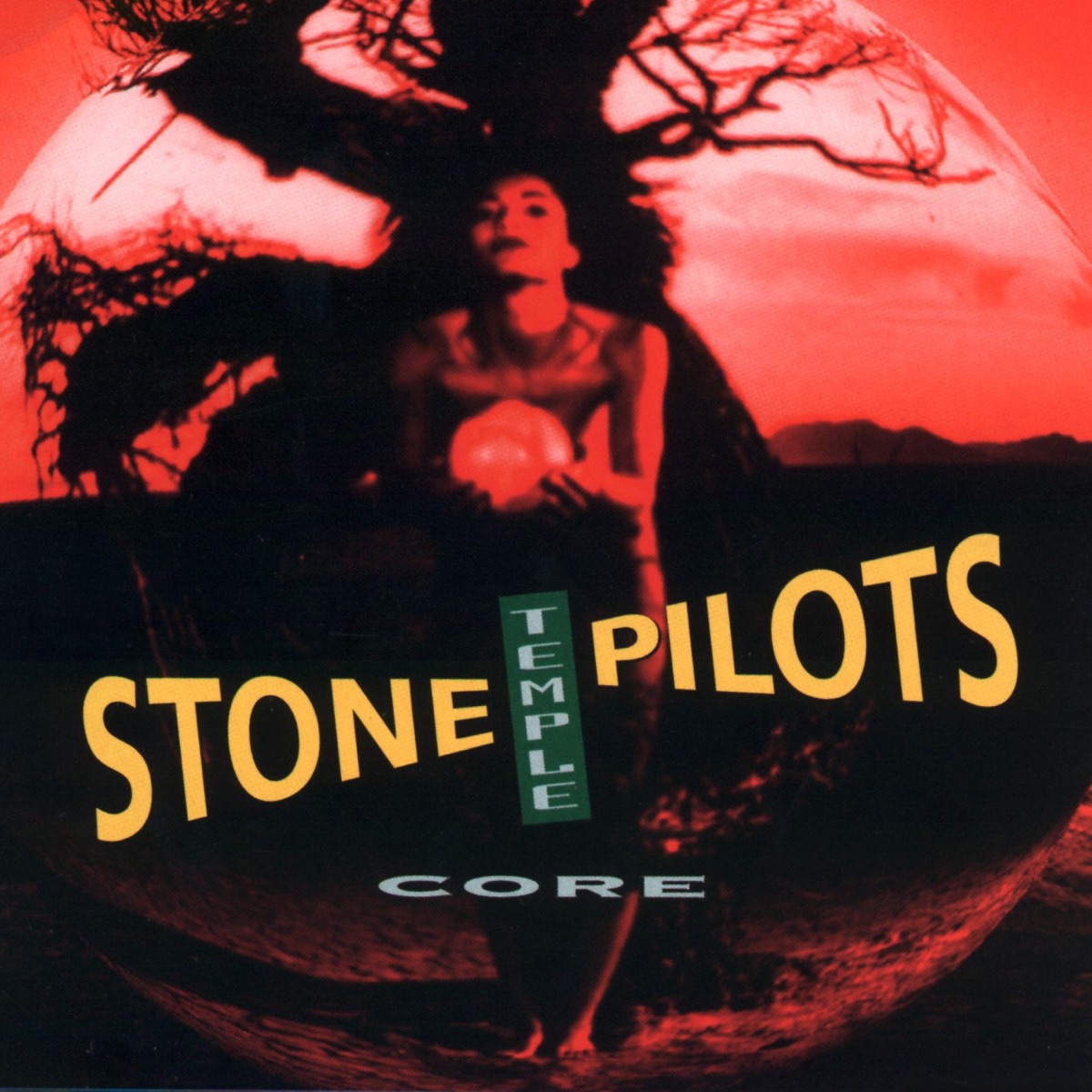Stone Temple Pilots’ “Core”: A Significant Contribution to the Grunge Movement
The best-sounding pressing of the 90s classic?
Seattle was the epicenter of the grunge movement. Just as the genre peaked in the early 1990s with bands like Pearl Jam, Nirvana, Soundgarden, and Alice In Chains dominating the scene, a band from a state further south would shake up the roost. Hailing from San Diego and originally named Mighty Joe Young, Stone Temple Pilots encapsulated the spirit of 1970s hard rock with hints of the relative alternative rock scene. The buzz from their 1990 demo and massive following in the SoCal region led to Atlantic Records A&R executive Tom Carolan signing the group to the label. With producer Brendan O’Brien, who came off the heels of working with Pearl Jam and Red Hot Chili Peppers, Stone Temple Pilots entered Rumbo Recorders and crafted an album that ultimately became another one of the defining albums of the grunge movement.
The release of Stone Temple Pilots’ debut album, Core in September 1992, was just as impactful as other albums by their contemporaries. Dean DeLeo’s guitar tone, rich in layers and distortion, is the core (no pun intended) of the group’s overall sound, explored on tracks like “Dead & Bloated,” “Piece of Pie,” and “Crackerman.” This musical foundation doesn’t make Stone Temple Pilots out to be one-trick ponies. There is enough musical spice that makes Core interesting to the ears. Some of Deleo’s chord choices are a fusion between jazz and psychedelia, particularly on “Wicked Garden” and “Plush.” The group’s funk influence, stemming from their days as Mighty Joe Young, seeps into the phased-out “Naked Sunday.” One of the album’s highlights, “Sin,” has a dynamic arrangement, utilizing dissonant arpeggios and the song’s clean acoustic middle section. More of the band’s subdued tendencies are further explored on “Creep.” The album’s closing track, “Where The River Goes,” is a melting pot encapsulating all the possible styles under Stone Temple Pilots’ belt, delivered with brewing intensity.
For as musically varied Core is, vocalist Scott Weiland tackled lyrical concepts relating to humanity, religion, loss of innocence, and alienation. These subjects are delivered in a vocal style that comes across as a wail with lots of grit, reminiscent of Jim Morrison’s baritone vocal register. The vocal style established on Core easily puts Scott Weiland alongside Eddie Vedder and Layne Stanley as one of the most important voices of the 1990s.
Critics panned Core upon its release, shaming Stone Temple Pilots for being a copycat version of Pearl Jam and hopping on the grunge bandwagon after the genre peaked. In retrospect, the album’s importance lies in its numbers, selling 8 million copies in the United States alone. Tracks like “Sex Type Thing,” “Wicked Garden,” “Creep,” and “Plush” cemented themselves into becoming FM rock radio staples. The album would become the group’s most commercially successful effort, one of the rare occurrences where immediate success is handed to a group from the start. The importance of Core and what Stone Temple Pilots and Atlantic Records managed to provide for the grunge scene makes its inclusion in Analogue Productions’ Atlantic 75 series more purposeful.
The jacket of the Atlantic 75 edition of Core is faithful to the scarce original pressing only sold in Europe and Brazil. The printed inner sleeve of the band photo, credits, and lyrics is reformatted into the inner spread of the gatefold. While the Stoughton tip-on jacket doesn’t have the glossy finish of other Atlantic 75 pressings, the sturdiness still oozes quality. Seeing Atlantic’s iconic mid-70s green and red center label on an album released in the last 30 years is a nice nod.
One may think their listening system has to be calibrated when Scott Weiland’s megaphoned acapella introduction to “Dead and Bloated” comes across faintly through the speakers. When the full band kicks in, it’s a full-on aural explosion. There is a lively quality to this pressing of Core, perhaps down to Eric Kretz’s drum sound emphasizing the room and the kick drum cutting through into the mix. The hi-hat retains a sizzle and the panned ride cymbals never stray from intriguement. Robert DeLeo’s bass playing is at its warmest during the instrumental interlude “No Memory” and the acoustically-driven “Creep,” the latter showcasing his rhythm-and-blues influence. The 45rpm treatment highlights surprise elements buried deep within the mix, such as the auxiliary percussion in “Wicked Garden” and the acoustic guitar hard-panned to the left channel on “Plush.” Weiland’s spoken word dialogue and the seductive instrumentation of “Wet My Bed” will pull the listener into a trance. As for the album’s harder-rocking moments, this is the perfect record to let your hair down and let loose!
As fresh and great as Core sounded upon its initial release, the CD era was in full swing by the early 1990s. A running order of 54 minutes is far from vinyl-friendly. The numerous vinyl reissues of Core over the past ten years are passable but never delivered the maximum power of the music, whether it was the three-sided Music on Vinyl pressing, the 2013 RSD cut by Ron McMaster, the 2017 cut by Chris Bellman featured in the deluxe edition (released separately in 2020), or the 2LP Run Out Groove edition (cut at 33 ⅓, a missed opportunity). Leave it to Analogue Productions to provide the best-sounding version of this album.









































.png)








